In winter, the temperature drops significantly, daylight hours are shorter, and ducks often experience a decline in egg production or even stop laying eggs entirely. However, based on years of hands-on experience, it is possible to maintain an egg hatching rate of over 80% in the following spring if proper winter management is implemented.
1. **Maintain Warmth and Avoid Cold Exposure**
The ideal temperature for egg-laying ducks is between 13°C and 20°C, with a minimum of 6°C. During winter, it's essential to ensure good insulation and protect ducks from cold drafts. Seal all gaps in walls and windows, especially the northern ones. At night or when temperatures drop, hang straw curtains on doors and windows, spread dry straw or wheat straw on the ground, and keep it thick around the area. Each night, add fresh grass before the ducks go inside. Increasing stocking density to about 8-9 ducks per square meter can also help. While keeping the house warm, make sure to ventilate properly by opening windows and doors briefly when releasing ducks for water, then closing them again.
2. **Adjust the Diet**
Ducks require more energy during winter. Increase the amount of corn and other energy-rich feeds while reducing protein content to 15%-17%. Also, include more green feeds like cabbage and radishes to supply necessary vitamins and maintain overall health.
3. **Careful Feeding Practices**
Feed ducks warm food and provide clean, warm water to minimize heat loss. Feed three times a day, with an additional nighttime snack. Ensure they have access to plenty of water at all times. Include green feed in their diet regularly, and make any changes in feed gradual rather than sudden.
4. **Implement Scientific Management**
Delay morning releases and bring ducks back early in the evening. Reduce the number of times you release them to water, and shorten each session. If there’s enough sunlight, release them once in the morning and once in the afternoon. Always return them to the house at least three days in advance. Before releasing, open the windows and "noise" the ducks by gently moving them around the house until about 80% of them start calling. When temperatures are extremely low, gently disturb the ducks to encourage movement, which helps increase appetite and improve their ability to withstand the cold. If natural light falls below 15 hours, use artificial lighting to supplement. Keep the duck house as quiet as possible to avoid stress.
5. **Prevent Disease**
Winter weakens the immune system of ducks. Poor feeding or management can lead to illness, affecting egg production. Clean and disinfect the duck house and surrounding areas weekly. Monitor the flock closely and treat any signs of illness promptly. Early detection and targeted treatment are crucial for maintaining health and productivity.
By following these strategies, duck farmers can ensure that their flocks remain healthy and productive throughout the winter months, leading to better results in the following season.
Flex Tape
Flex tape
Details and Specifications of our Flex tape
Adhesive: Rubber
Material: PVC
Color: White/Black/Transparent
Popular sizes: 50mmx1.5m, 100mmx1.5m, or other customized sizes.
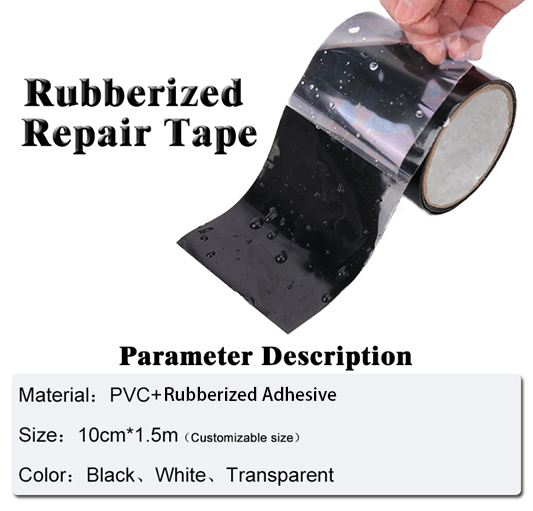
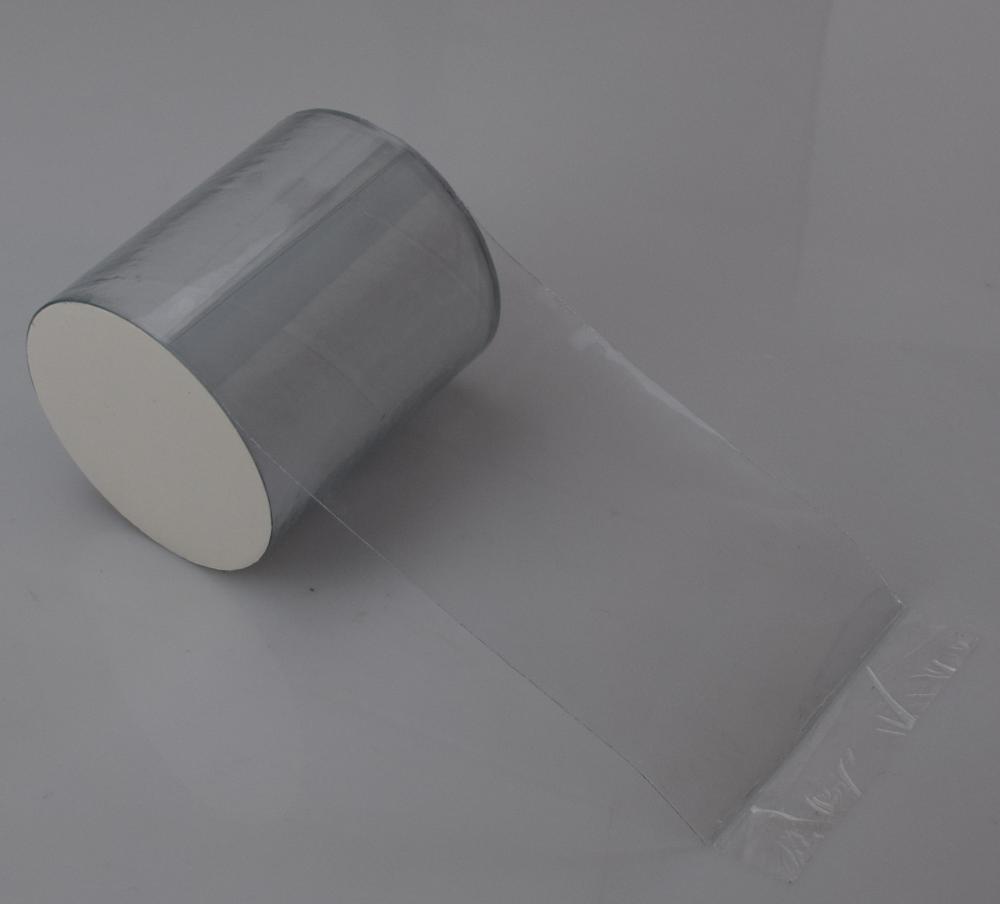
Features of our Flex tape
♦ Super strong, rubberized, waterproof design.
♦ Patch, bond, seal and repair virtually anything.
♦ Can be used to repair or seal water tap, hose pipe etc.
♦ Seal out water, air and moisture.
♦ UV Resistant, environmentally friendly.
Applications of our Flex tape
Roof leaks, gutters, down spouts, boats, kayaks, personal watercrafts, canoes, outdoor equipment, mobile homes, RVs & campers, PVC & plumbing pipes, sprinkler systems, pools and spas, windows, doors, walls, seams, vents, air ducts, HVAC s creates a super strong, waterproof seal, DIY projects and so much more!
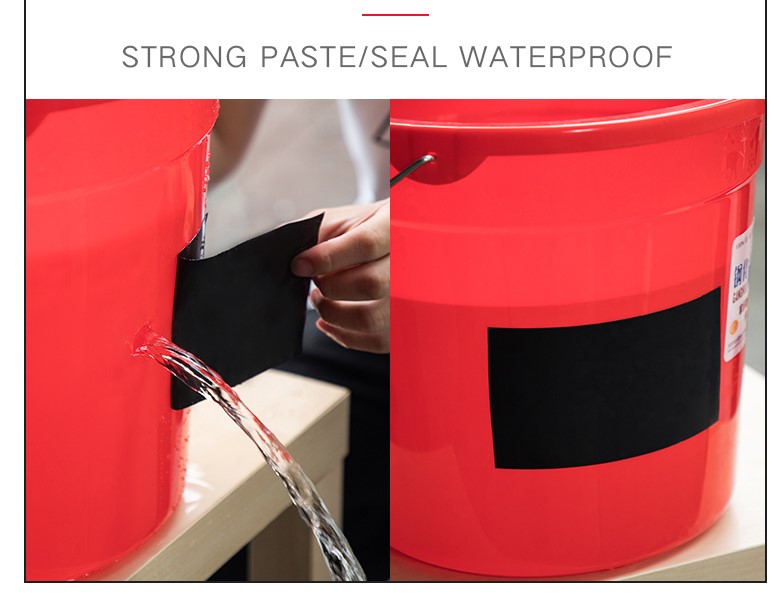

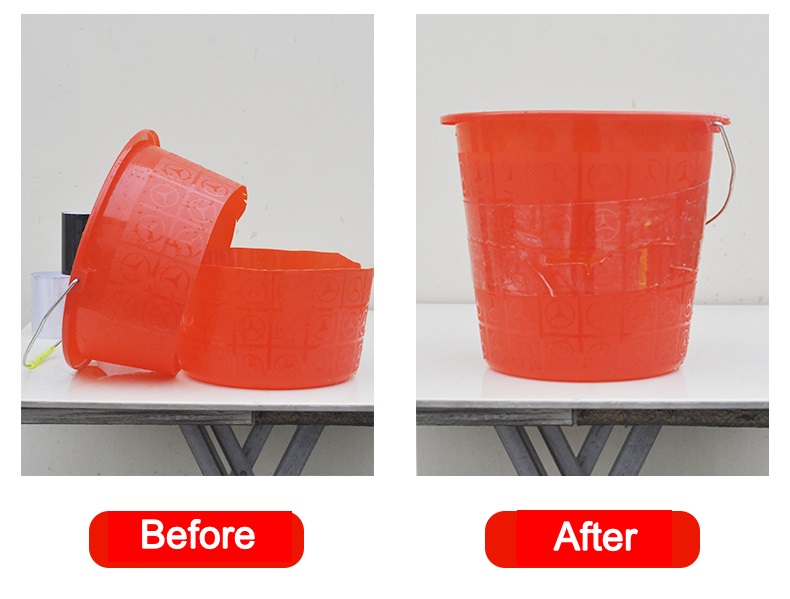

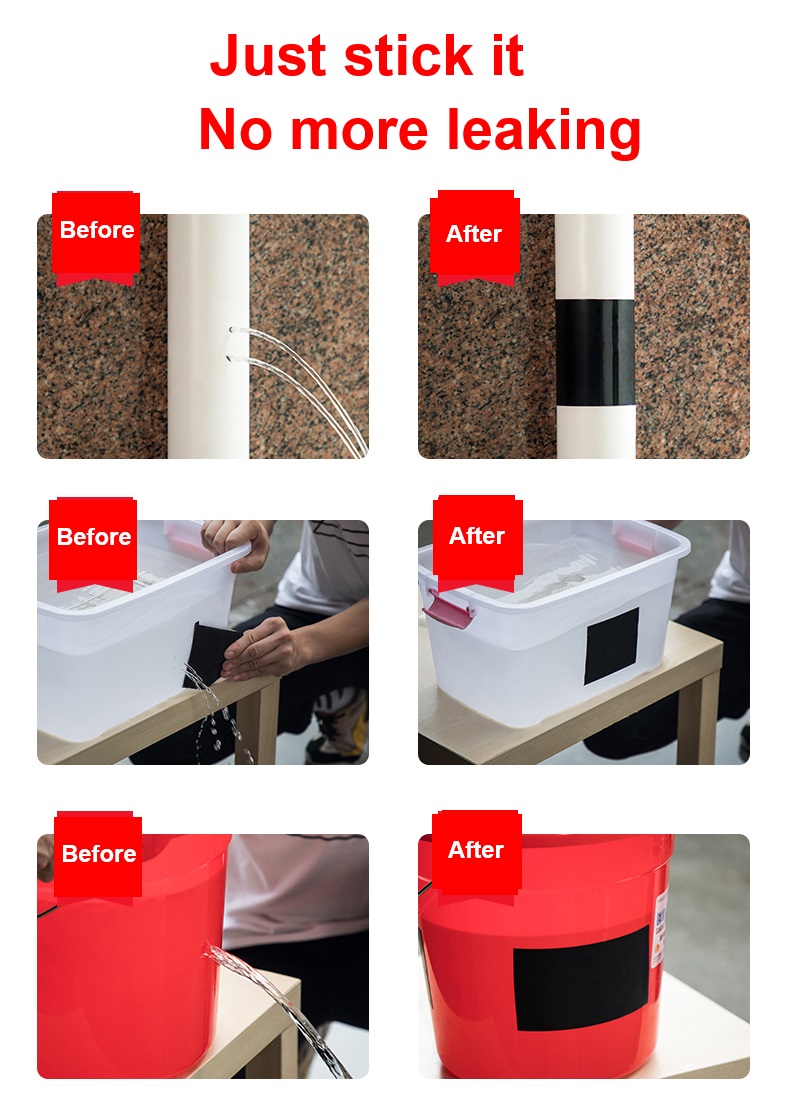
Flex Tape,Flex Seal Tape,Flex Seal Patch,Drywall Flex Tape
Kunshan Jieyudeng Intelligent Technology Co., Ltd. , https://www.jerrytape.com






